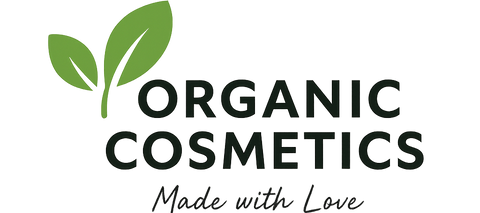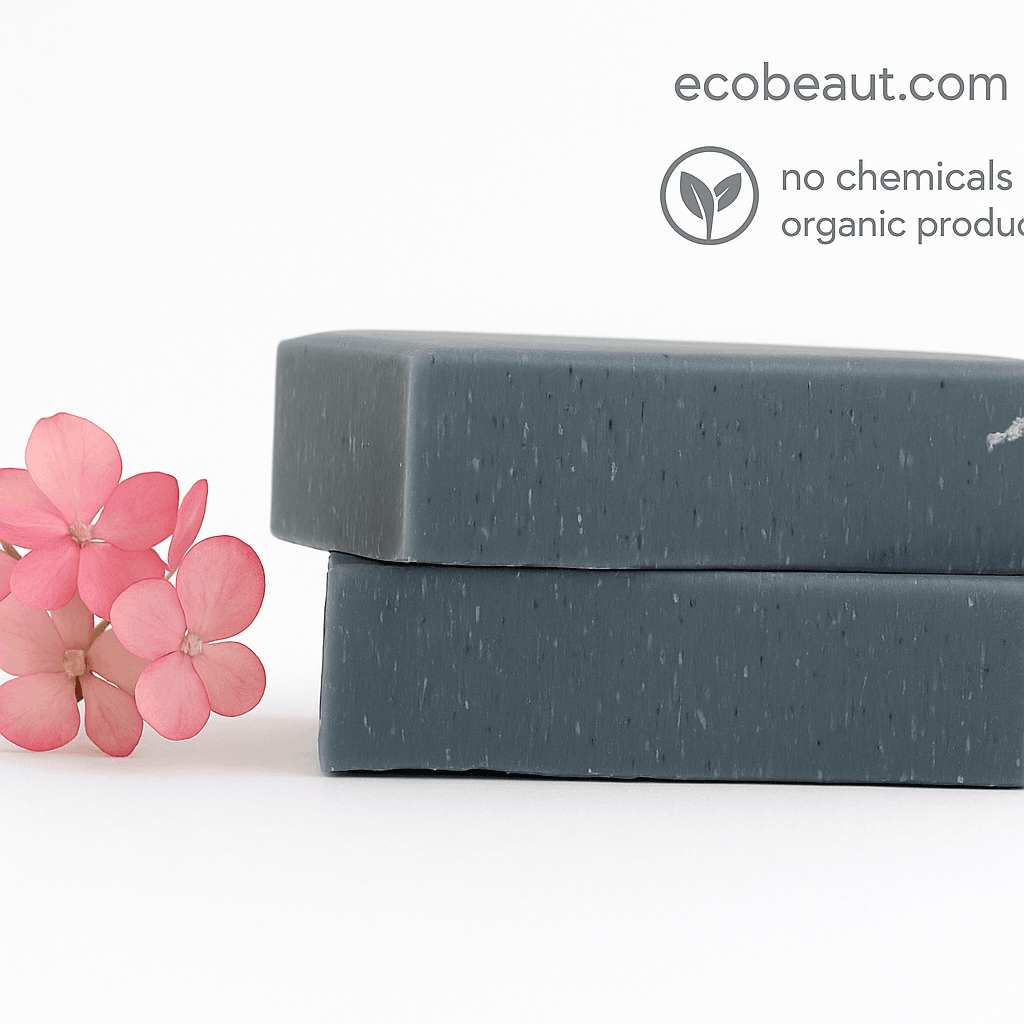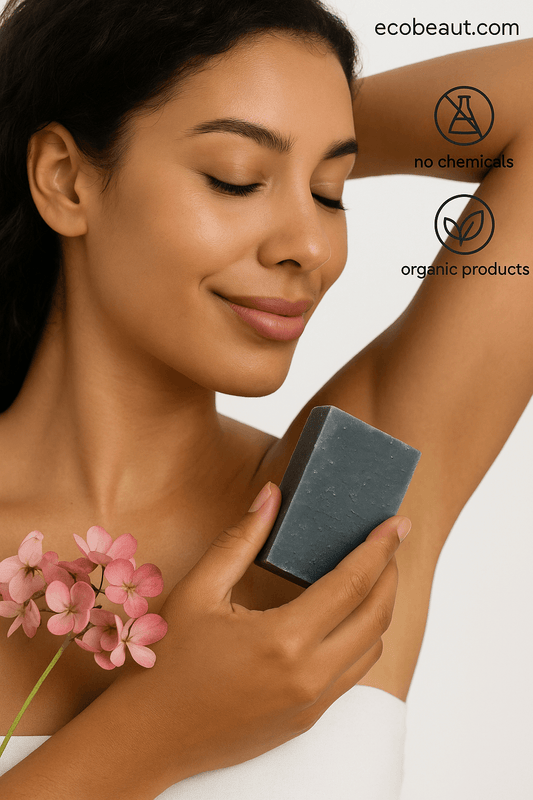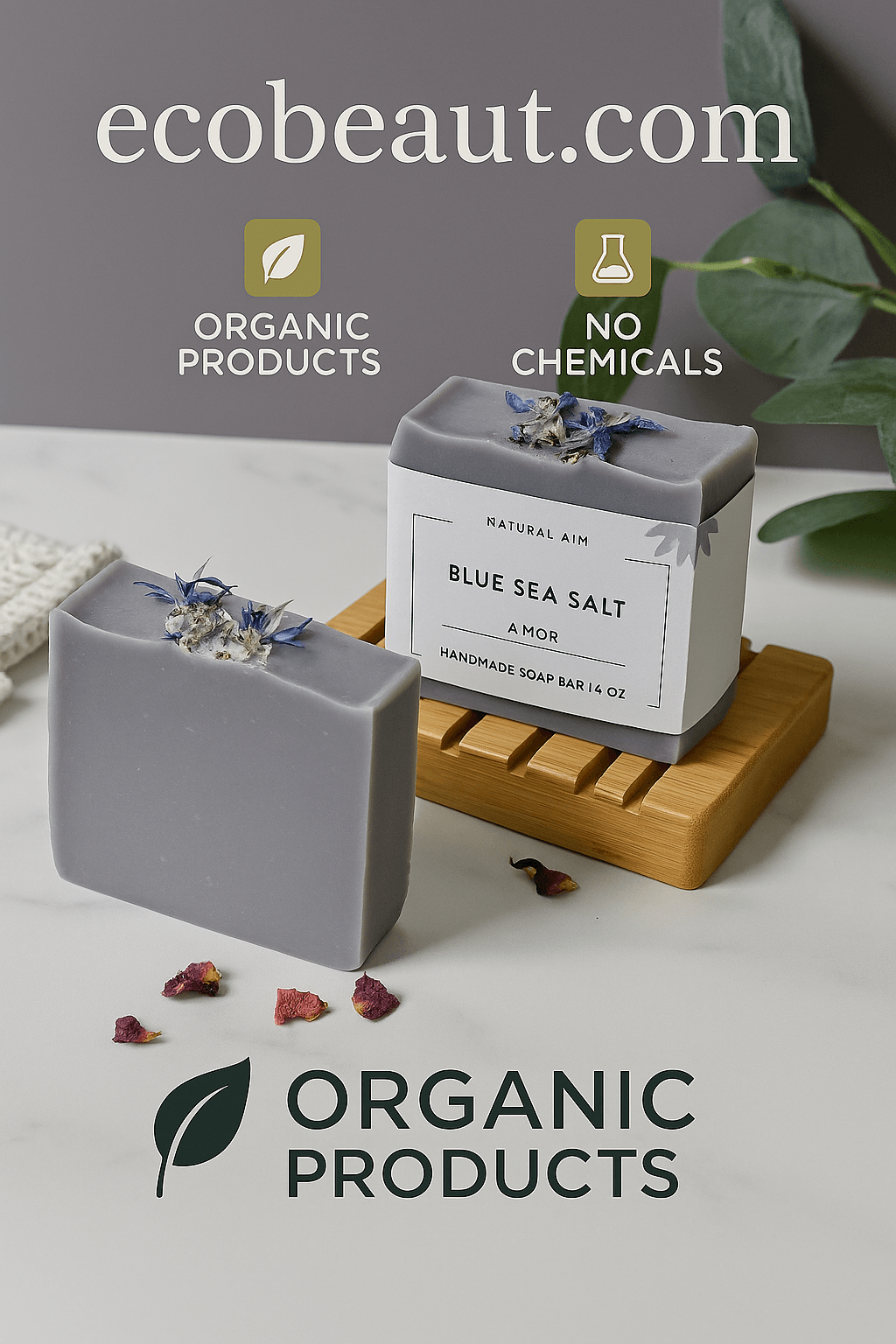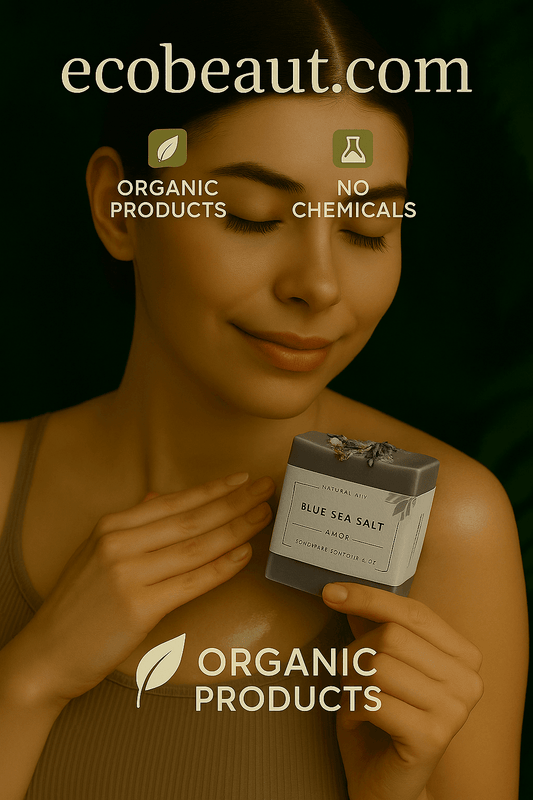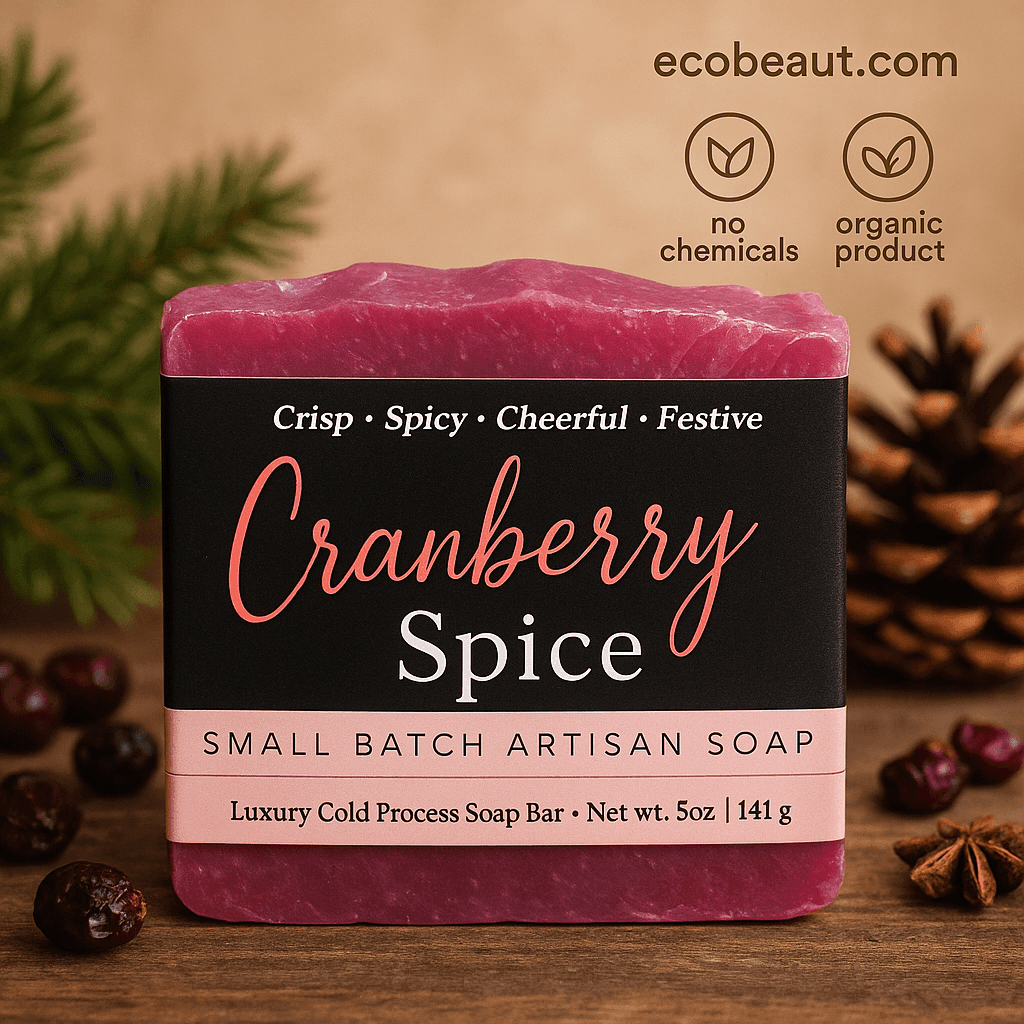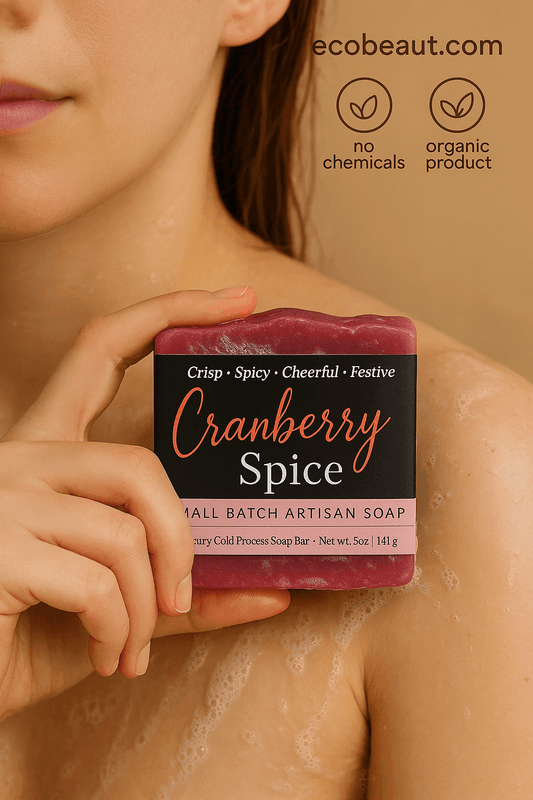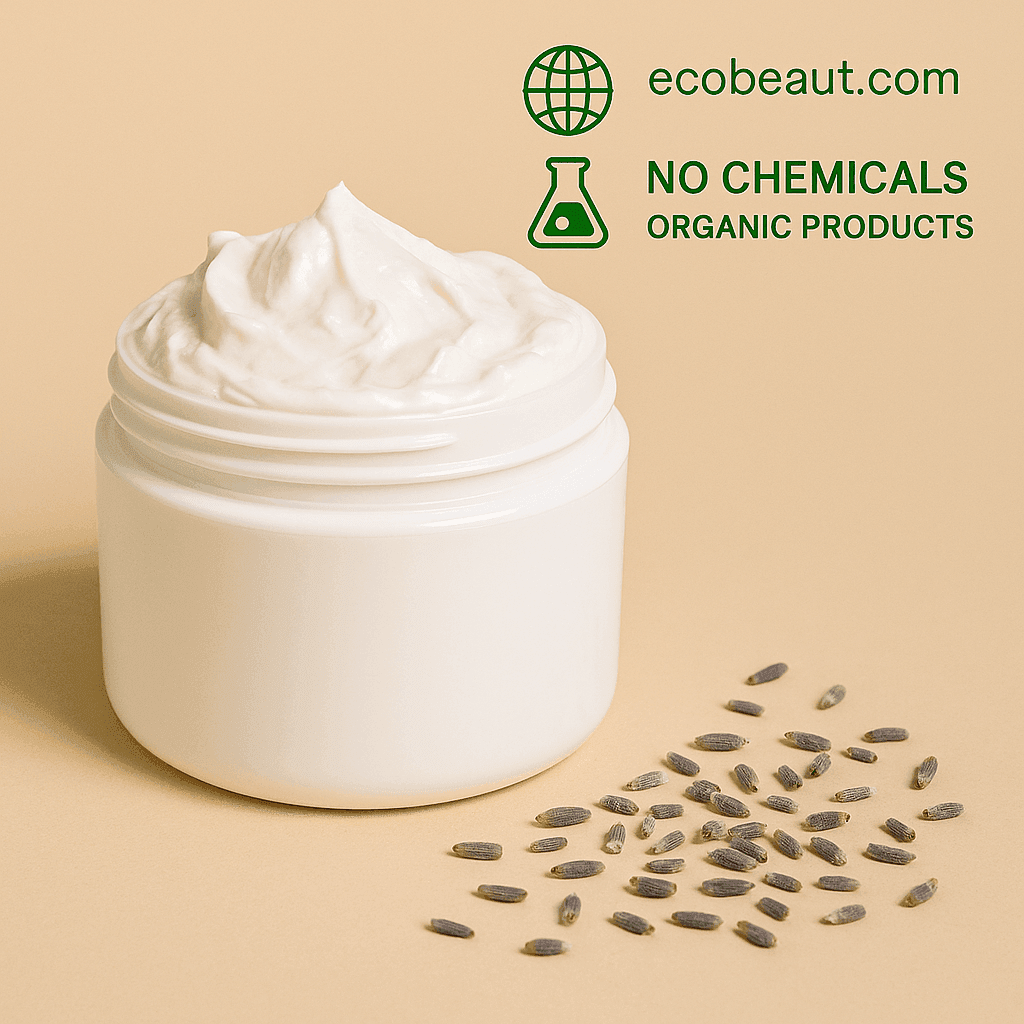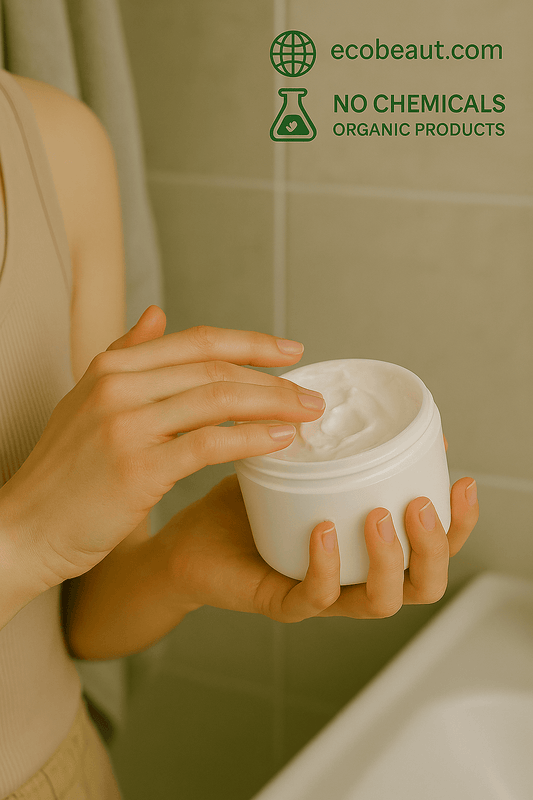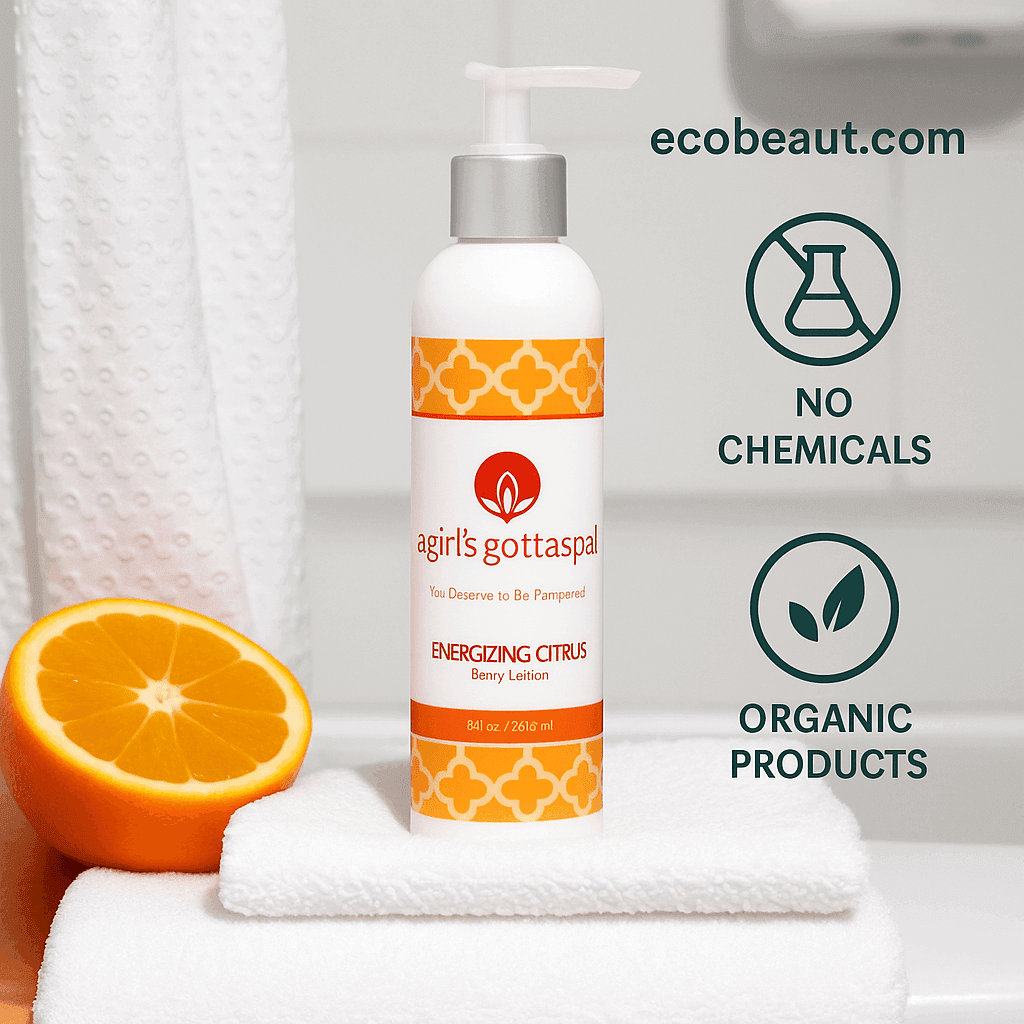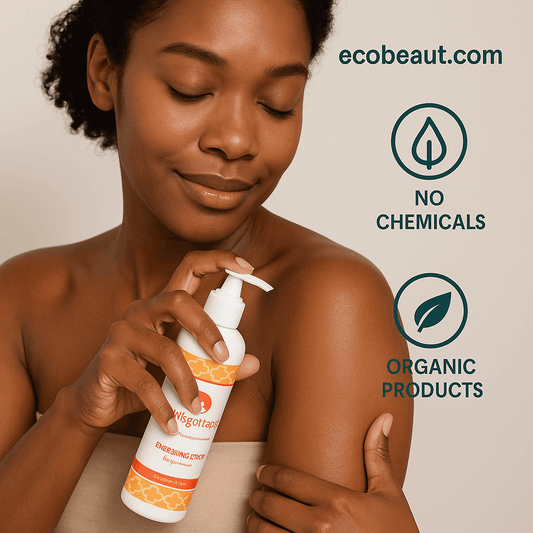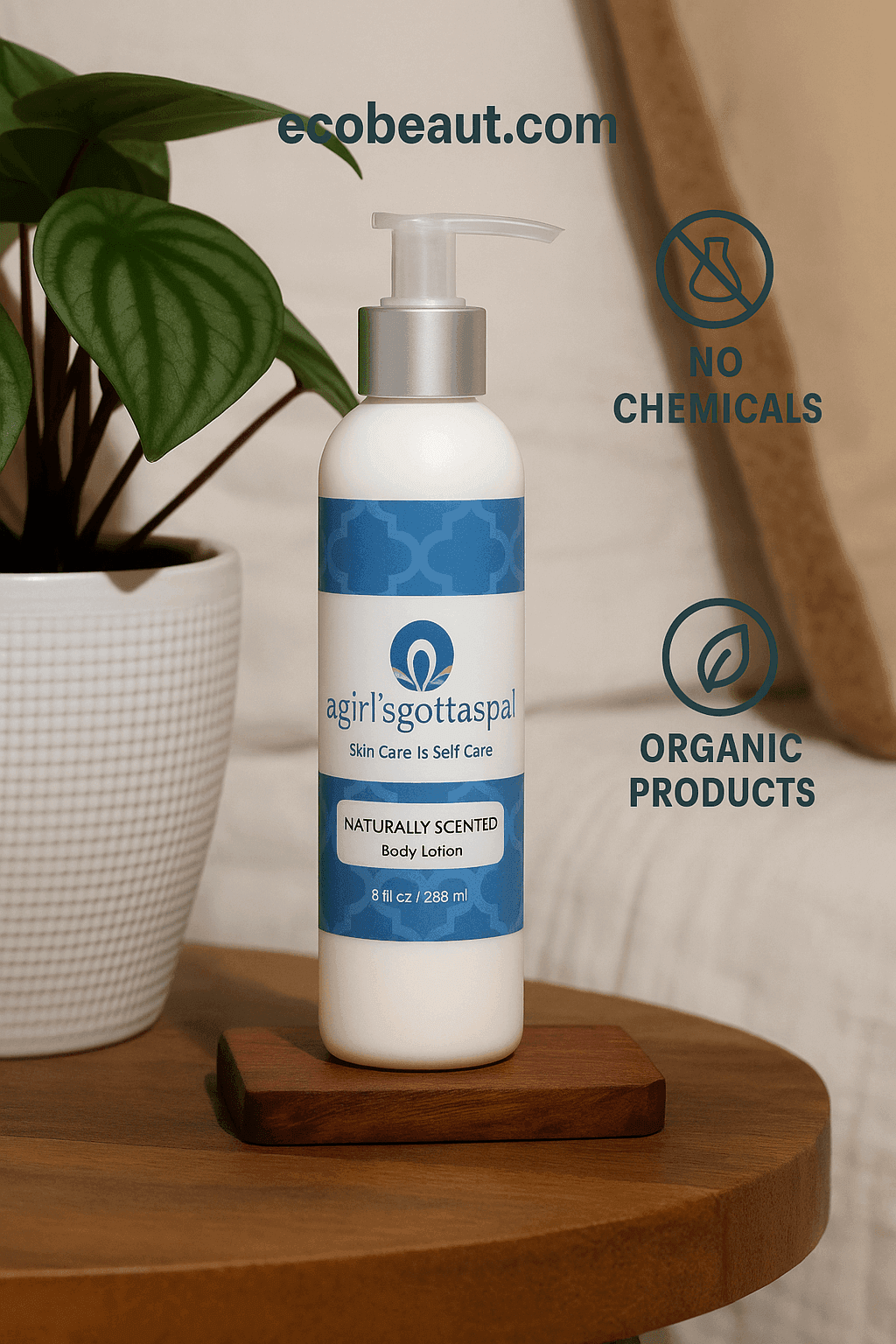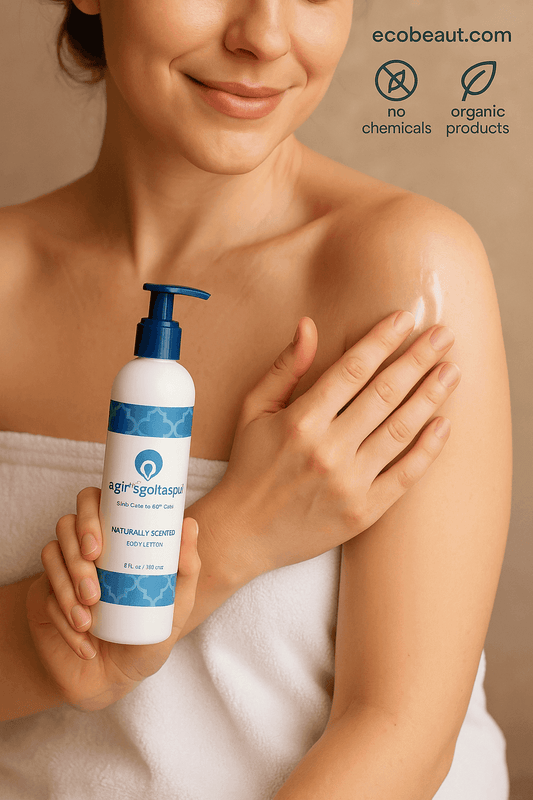As consumers, our choices carry significant weight when it comes to the environment. The beauty industry in particular is notorious for its heavy reliance on plastic packaging, synthetic chemicals, and unsustainable sourcing of ingredients. Clean beauty, however, offers an alternative-product that are not only safer for your skin, but also kinder to the planet. In this article, we will explore the environmental impact of traditional beauty products and how clean beauty helps to mitigate this impact.
The environmental cost of conventional beauty products
The global beauty industry generates billions of plastic packaging items each year, most of which end up in landfills or oceans. Traditional beauty products are often packaged in non-recyclable plastic containers that contribute to the global plastic pollution crisis. Many of these containers take hundreds of years to decompose, and even when they do, they release harmful microplastics into the environment.
In addition, the ingredients used in traditional beauty products, such as parabens, sulfates, and synthetic fragrances, are not only bad for your skin-they also contribute to pollution. When these chemicals are rinsed off, they enter water systems where they can harm aquatic life. For example, microbeads, once common in exfoliating products, have been found in alarming quantities in the ocean, where they are ingested by marine animals.
Sustainable ingredient sourcing
Clean beauty brands prioritize sustainable and ethical sourcing of ingredients, which significantly reduces the environmental impact of production. Traditional beauty products often rely on unsustainable agricultural practices that can lead to deforestation, loss of biodiversity, and soil degradation. In contrast, clean beauty brands focus on ingredients that are renewable and harvested in ways that protect natural resources.
For example, many clean beauty products use
- Organic coconut oil: Sourced from farms that practice sustainable agriculture.
- Aloe Vera: Grown without synthetic pesticides and harvested in a way that allows the plant to regenerate.
- Fair Trade Shea Butter: Harvested by local communities in Africa, ensuring both ethical labor practices and environmental sustainability.
By supporting clean beauty brands, you're not only investing in the health of your skin, you're investing in the health of the planet.
Plastic-free and eco-friendly packaging
One of the biggest environmental challenges in the beauty industry is packaging. Plastic containers dominate store shelves, but clean beauty brands are leading the way toward more sustainable packaging solutions. These brands are choosing:
- Glass Bottles: Which are infinitely recyclable and don't contribute to microplastic pollution.
- Compostable packaging: Made from materials such as cornstarch that break down naturally in the environment.
- Refillable containers: Some clean beauty brands offer refill programs that allow you to reuse the same container instead of buying a new one each time.
Reducing your use of plastic packaging is one of the most important steps you can take to minimize your impact on the environment. By choosing products with eco-friendly packaging, you're helping to build a more sustainable future.
Water Conservation in Clean Beauty
The beauty industry is also a major consumer of water. From growing ingredients to manufacturing creams and cleansers, conventional beauty manufacturing uses vast amounts of water. However, many clean beauty brands are leading the way in water conservation through innovative formulations and manufacturing processes.
For example, waterless beauty products - such as powder cleansers, solid shampoos and oil-based moisturizers - are becoming increasingly popular. These products not only save water in production, but also require less packaging, reducing the overall environmental footprint.
In addition, some clean beauty brands are focusing on reducing water waste in their supply chain by using more concentrated formulas that require less water to manufacture and ship.
Supporting ethical and sustainable brands
When you choose clean beauty, you're not only making a choice that's better for your skin-you're also supporting brands that prioritize sustainability and ethical practices. Many clean beauty companies work with fair trade cooperatives, ensuring that the people who produce the ingredients are paid fairly and work in safe conditions.
In addition, many clean beauty brands are cruelty-free, meaning they do not test their products on animals. Not only is this the ethical way to treat animals, but it also reduces the need for animal agriculture, which is a major contributor to climate change.
How to reduce your beauty footprint
Switching to clean beauty is an excellent first step, but there are other ways to reduce your overall beauty footprint. Here are a few practical tips:
- Buy less, use more: Instead of stocking up on multiple products, invest in high-quality, multipurpose products. For example, a good facial oil can serve as both a moisturizer and a makeup remover.
- Recycle: Many beauty products come in recyclable containers, but it's up to the consumer to make sure they're disposed of properly. Check your local recycling guidelines and make it a habit to recycle your beauty product containers.
- Support Local Brands: Buying from local or small clean beauty brands can reduce the carbon footprint associated with shipping products long distances.
- Refill, Don't Replace: Some clean beauty brands offer refill programs for their products. Instead of throwing out your old container, consider refilling it to reduce waste.
- DIY beauty treatments: Many skin care treatments can be made at home with simple, natural ingredients. DIY treatments not only reduce packaging waste, but also give you control over what goes into your beauty routine.
Bottom Line
The clean beauty movement is more than just a trend-it's a step toward a more sustainable future. By choosing products with eco-friendly packaging, supporting brands that practice sustainable sourcing, and reducing your overall consumption, you can make a significant positive impact on the environment. Clean beauty is about more than healthy skin; it's about making conscious choices that will benefit the planet for generations to come.
